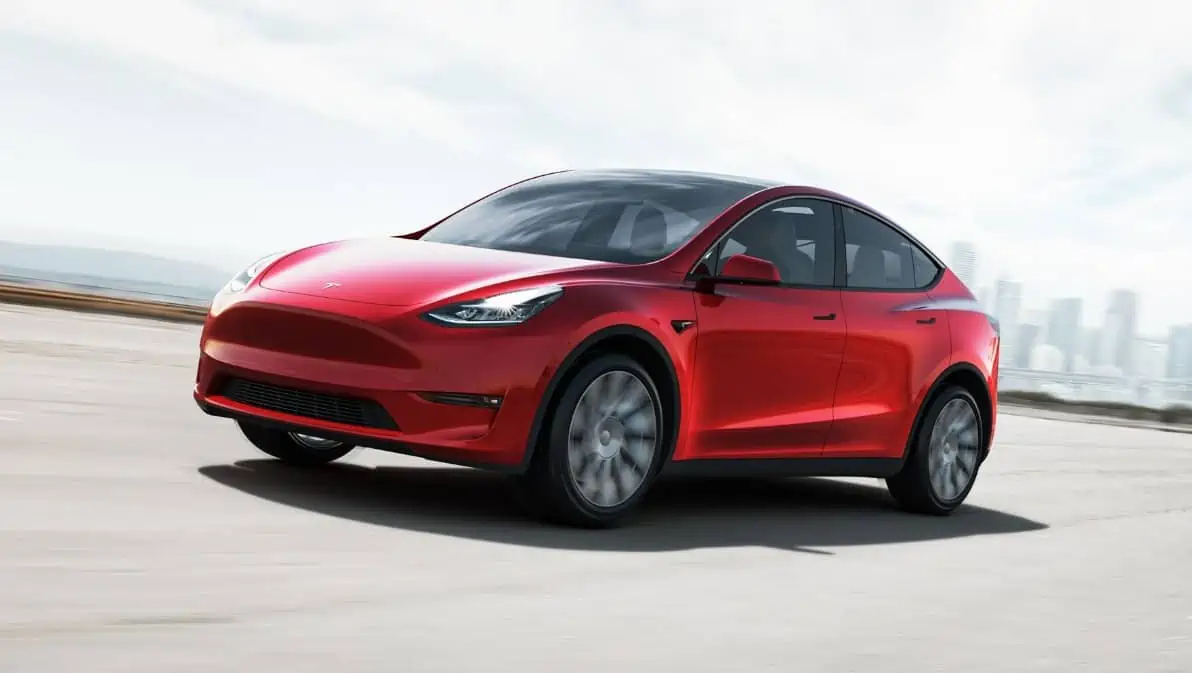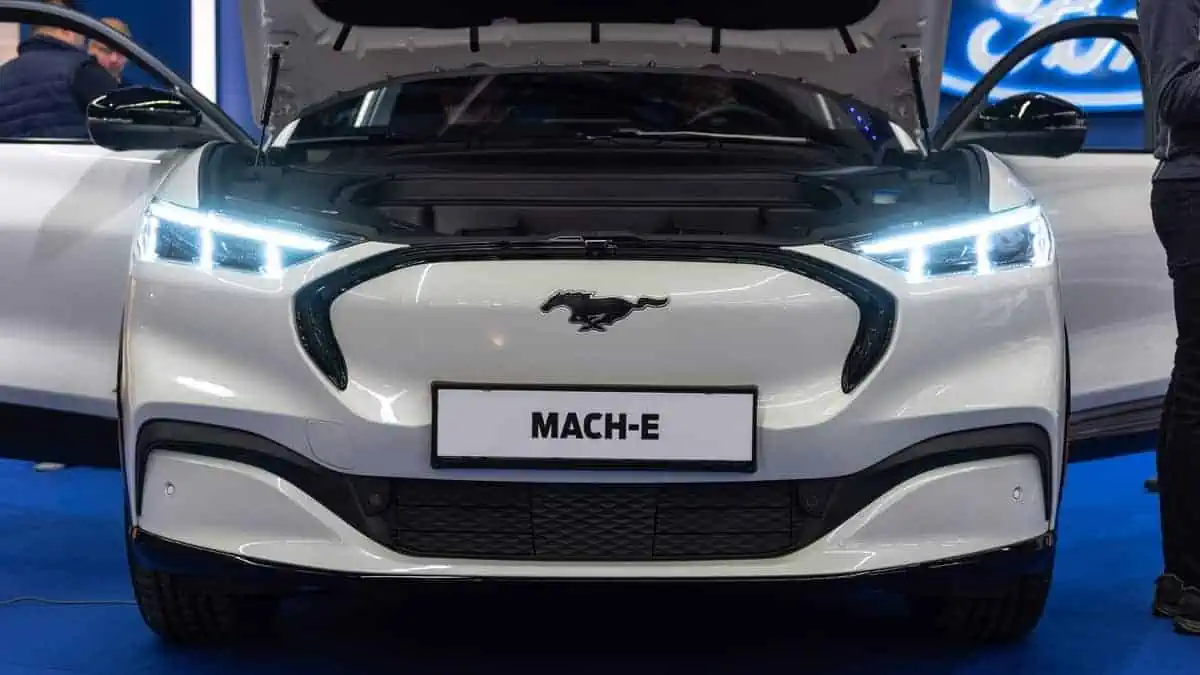American EV giant Tesla reduced the Model Y’s prices up to 20% last month. After that, the automaker raised its price twice in the United States due to a surge in demand and the Internal Revenue Service’s (IRS) amended rules in the EV tax credits rules.
Per Tesla’s online configurator, the Model Y Long Range version’s price increased by around 2% to $54,990. Meanwhile, the higher-end Performance version increased by approximately 2.7% to $57,990. Notably, the prices do not include the shipping and order fee.
The first price hike since the price cuts was in late January. Due to rapidly growing demand, Tesla covertly raised the Model Y’s price by $500. Tesla CEO Elon Musk stated on the company’s earnings call last week that it recorded the highest number of orders ever last month after the price cuts.
IRS revises EV tax credit rules
Tesla Model Y’s price hike occurred the same day the IRS amended the vehicle classification rules, which previously disqualified all five-seat variants of the said electric vehicle. Notably, it was only classified as small passenger cars, subjected to the $55,000 retail price cap eligible for federal tax credits.
Meanwhile, the IRS classified the seven-seat Tesla Model Y units as an SUV, which is subjected to a higher retail price cap of $80,000. These classification rules triggered petitions among Tesla enthusiasts, given that other federal agencies, such as the EPA and the NHTSA, consider all the Tesla Model Y variants as SUVs.
Tesla CEO Elon Musk even had a meeting last week with senior advisors to President Joe Biden to talk about the EV market and the larger objectives of electrification.
Finally, the IRS listened to the petitions and revised the standards on February 3 to qualify all the Tesla Model Y variants to the federal tax credits under the Inflation Reduction Act.
Below are the qualifying Tesla EVs for the federal tax credits:
| Model Year | Vehicle Description | Applicable MSRP Limit |
| 2022, 2023 | Tesla Model 3 Rear Wheel Drive | $55,000 |
| 2022, 2023 | Tesla Model 3 Long Range | $55,000 |
| 2022, 2023 | Tesla Model 3 Performance | $55,000 |
| 2022, 2023 | Tesla Model Y All-Wheel Drive | $80,000 |
| 2022, 2023 | Tesla Model Y Long Range | $80,000 |
| 2022, 2023 | Tesla Model Y Performance | $80,000 |
According to the Treasury Department, the standard was changed from a more complex industry system to a consumer-facing EPA fuel efficiency labeling system, which is the cause of the new vehicle classification.
“To make it easier for consumers to know which vehicles qualify under the applicable MSRP cap, Treasury is updating the vehicle classification standard to use the consumer-facing EPA Fuel Economy Labeling standard, rather than the EPA CAFE standard. This change will allow crossover vehicles that share similar features to be treated consistently. It will also align vehicle classifications under the clean vehicle credit with the classification displayed on the vehicle label and on the consumer-facing website FuelEconomy.gov.”
US Department of the Treasury
It is worth noting that these updated criteria are valid until March, when the IRS will release new regulations on the battery requirements, which should change eligibility.






